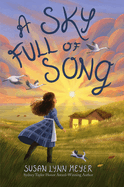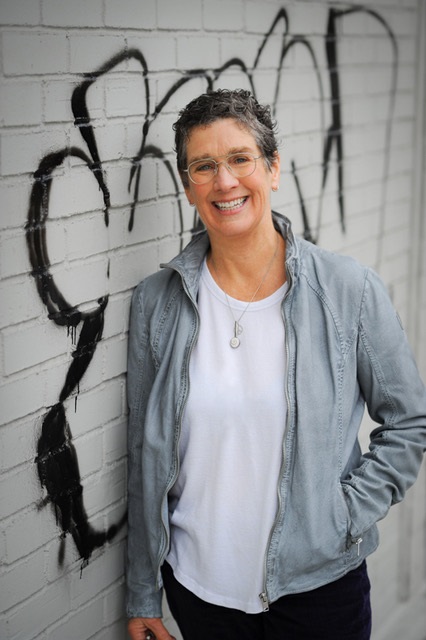 |
| photo: Su Evers |
Lucy Jane Bledsoe lives in northern California and has published two collections of stories and seven novels, as well as a number of books for young people, including No Stopping Us Now. She has been awarded a California Arts Council Fellowship, two National Science Foundation Artists & Writers Fellowships and an American Library Association Stonewall Book Award, among others. Bledsoe loves teaching workshops, cooking, traveling anywhere, basketball, doing anything outside and telling stories. Her most recent novel, Tell the Rest (Akashic, March 7, 2023), is a story of survivors of conversion therapy.
Handsell readers your book in 25 words or less:
When Delia's rage from a traumatic teenage experience catches up to her, everything unravels--until a reunion with a fellow survivor charts her new course.
On your nightstand now:
The joys of persistent insomnia include all the books you get to read in the middle of the night. I just finished Sarah Moss's magnificent Ghost Wall, which has the most satisfying and atypical (for contemporary fiction) ending. I'm about to dive into NoViolet Bulawayo's Glory,having loved her first novel. And since I'm referencing insomnia, still sitting on my bedstand, though finished, is Leila Mottley's Nightcrawling, which is gripping.
Favorite book when you were a child:
I have no idea why, but I found Jean de Brunhoff's Babar the Elephant utterly magical. If I reread it now, I'd probably be embarrassed to be admitting this. Astrid Lindgren's Pippi Longstocking was the bomb--so few books back then celebrated bad girls. And I remember getting busted for reading Charlotte Brontë's Jane Eyre under the covers with a flashlight.
Your top five authors:
You know this is an impossible question! So I'll answer it fast and not sweat over all the authors I'm leaving out. Toni Morrison. Willa Cather. Alice Munro. James Baldwin. Ruth Ozeki.
Book you've faked reading:
Hasn't everyone faked-read Moby-Dick? Even the people who wax eloquent about its brilliance sound like they're faking. No hate mail, please.
Book you're an evangelist for:
My favorite books to proselytize are usually ones that no one has heard about. The following aren't so much in that category, and yet I love and talk about both of them a lot. First, Women Talking by Miriam Toews--because of the way it pretty much invents the beginning of political science all over again and from a woman's perspective. It's just been made into a movie, so lots of people will discover it. But do read the book. I also want to mention Kirstin Valdez Quade's The Five Wounds. It's such a rich and far-reaching novel about, well, everything. Both books have deep spiritual underpinnings, which I love.
Book you've bought for the cover:
I've probably done this more times than I like to admit. Covers, first sentences, first paragraphs: it seems shallow to judge on them, and yet most readers do, so I just accept how important they are. Who's not swayed by beautiful covers? Jackie Kay's Trumpet has had a couple of different beguiling covers, and the novel more than lives up to the images.
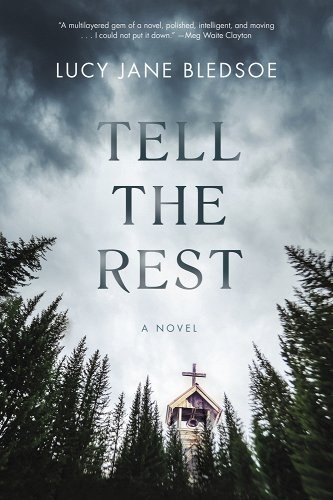 Book you hid from your parents:
Book you hid from your parents:
This is a fun question! Definitely The Hite Report. Also Erica Jong's Fear of Flying. Judy Grahn's long poem, "Edward the Dyke." I also remember sneaking a copy of The Well of Loneliness by Radclyffe Hall into the house. Years later, after my mom died, I found a copy of that classic among her books--not my copy but her own copy. Published in 1928, it was a historical read for both of us, but I'm curious why she had a copy.
Book that changed your life:
Rachel Carson's books changed all of our lives. I'm enormously grateful for her brilliance and courage. Ken Kesey's Sometimes a Great Notion, which I read as a teenager, blew my mind by showing me you could write great literature about the Oregon coast--instead of about people drinking cocktails in Manhattan. Plus, Kesey nailed the setting and characters. (I've used a quote from that book as the epigraph in Tell the Rest.) Then, in college, Adrienne Rich's Women and Honor: Some Notes on Lying became my bible, and I still prize its amazing truth-telling.
Favorite line from a book:
Can I name three?
The aforementioned Kesey quote: "Where whoever had hanged the arm from its pole had made certain that it was as much a gesture of grim and humorous defiance as the old house; where whoever had taken the trouble to swing the arm out into sight of the road had also taken trouble to tie down all the fingers but the middle finger, leaving that rigid and universal sentiment lifted with unmistakable scorn to all that came past."
In the short novel Ghost Wall, also mentioned above, Sarah Moss controls the tension so beautifully that this line, not anything special by itself, lands with the perfect emotional effect: "They wanted to kill me at sunset."
But maybe my all-time favorite line, which is featured in and pretty much states the theme of my novel A Thin Bright Line, is from Willa Cather's Lucy Gayheart: "Suddenly something flashed into her mind, so clear that it must have come from without, from the breathless quiet. What if--what if Life itself were the sweetheart?"
Wait, there's a fourth. I think it's the title of an essay--not exactly a line, but Audre Lorde's assertion: "Poetry is not a luxury."
Five books you'll never part with:
My first edition copy of Willa Cather's The Song of the Lark.
My dad's set of all of Charles Dickens's novels.
My great-grandfather's The Complete Dramatic and Poetical Works of William Shakespeare (published in 1878).
After that, I'll keep as many books as my walls will fit.
Book you most want to read again for the first time:
The amazing thing about rereading a book is that sometimes you don't even recognize the book on the second read. At different phases in life, different sentences and scenes jump out. Parts that seemed brilliant seem dull--and vice versa.
I'm going to say Toni Morrison's Song of Solomon. I haven't reread it in years, but I remember exactly where I was when I first read it and what a revelation her writing and characters were to me.
Books you wish you could have mentioned in the questions above:
Linda Hogan's People of the Whale. Louise Erdrich's Night Watchman. Andrea Barrett's The Voyage of the Narwhal. Chimamanda Ngozi Adichie's Americanah. Virginia Woolf's Orlando. Deborah Eisenberg's Your Duck Is My Duck. Carson McCullers's The Member of the Wedding. Karen Joy Fowler's Booth.
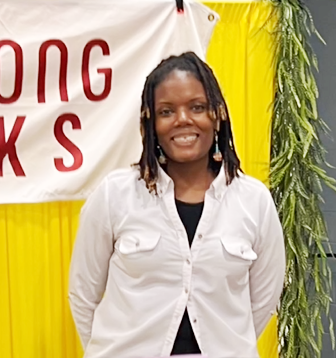





IPC.0204.S3.INDIEPRESSMONTHCONTEST.gif)




 Bookshop.org plans to add audiobooks and e-books to its offerings in the U.K. as well as develop a mobile app for customers, allowing U.K. indie booksellers to offer those products for the first time. The organization is planning to launch a private beta version of the service in late 2023, followed by a full launch in 2024. More than 550 independent booksellers in the U.K. use Bookshop.
Bookshop.org plans to add audiobooks and e-books to its offerings in the U.K. as well as develop a mobile app for customers, allowing U.K. indie booksellers to offer those products for the first time. The organization is planning to launch a private beta version of the service in late 2023, followed by a full launch in 2024. More than 550 independent booksellers in the U.K. use Bookshop.
 Big congratulations to Jim Milliot, editorial director of Publishers Weekly, who is receiving the Sally Dedecker Award for Lifetime Service from the Book Industry Study Group. He will be presented with the award at BISG's annual meeting on April 28 in New York City.
Big congratulations to Jim Milliot, editorial director of Publishers Weekly, who is receiving the Sally Dedecker Award for Lifetime Service from the Book Industry Study Group. He will be presented with the award at BISG's annual meeting on April 28 in New York City.
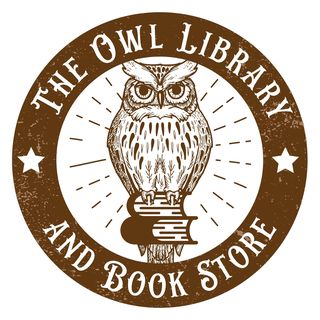
IPC.0211.T4.INDIEPRESSMONTH.gif)
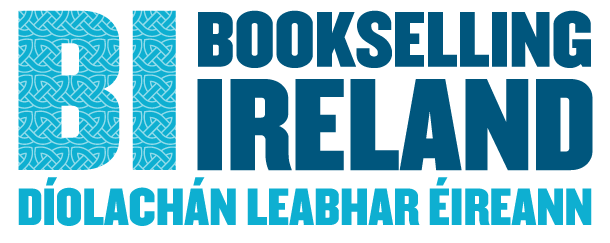 Bookselling Ireland and Publishing Ireland hosted the
Bookselling Ireland and Publishing Ireland hosted the 
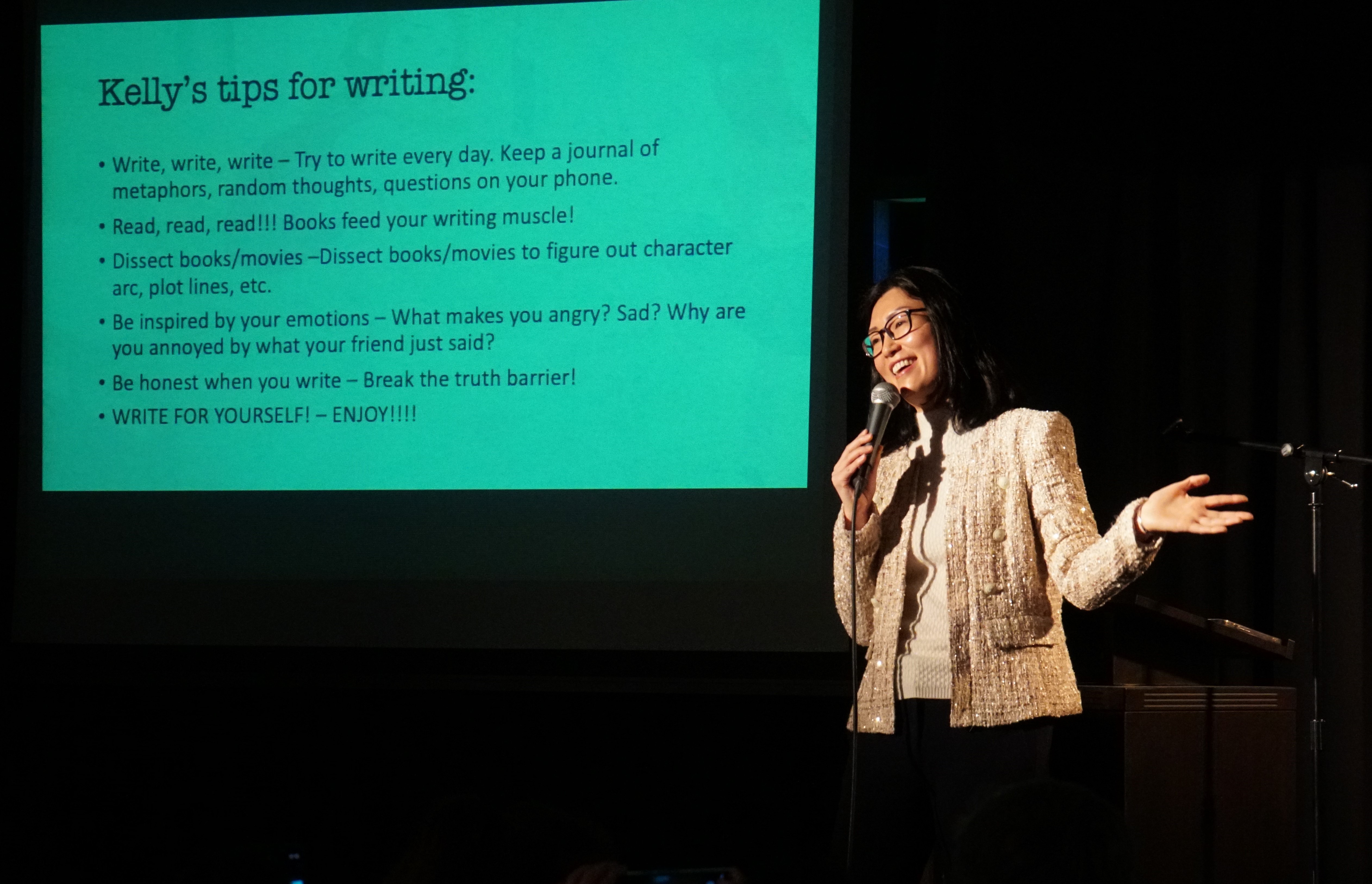 On the final night of her tour for her middle-grade novel Finally Seen (Simon & Schuster Books for Young Readers), author Kelly Yang visited
On the final night of her tour for her middle-grade novel Finally Seen (Simon & Schuster Books for Young Readers), author Kelly Yang visited 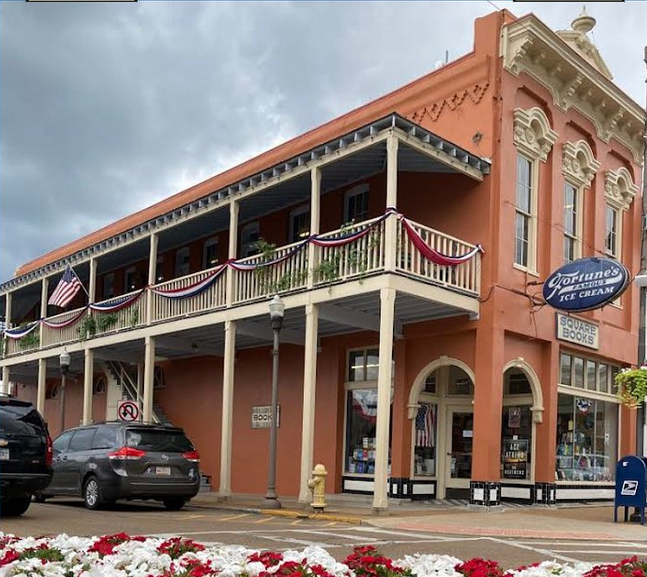 Southern Living magazine, as part of its the South's Best awards, named
Southern Living magazine, as part of its the South's Best awards, named  At Home with the Prairie Dog: The Story of a Keystone Species
At Home with the Prairie Dog: The Story of a Keystone Species
 Book you hid from your parents:
Book you hid from your parents: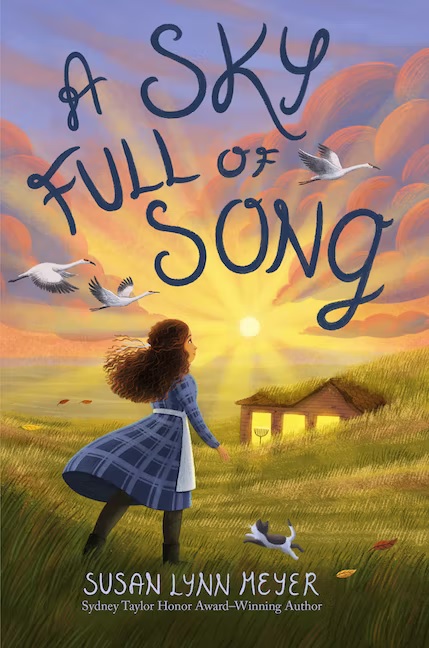 A Sky Full of Song explores a lesser-known Jewish immigration experience in an introspective, compassionate story set in the North Dakota prairie in 1905. Susan Lynn Meyer (Black Radishes; New Shoes) positions the power of family identity against the allure of assimilation for a child who misses the best of home but finds much to love about the new "big and lonesome" land.
A Sky Full of Song explores a lesser-known Jewish immigration experience in an introspective, compassionate story set in the North Dakota prairie in 1905. Susan Lynn Meyer (Black Radishes; New Shoes) positions the power of family identity against the allure of assimilation for a child who misses the best of home but finds much to love about the new "big and lonesome" land.